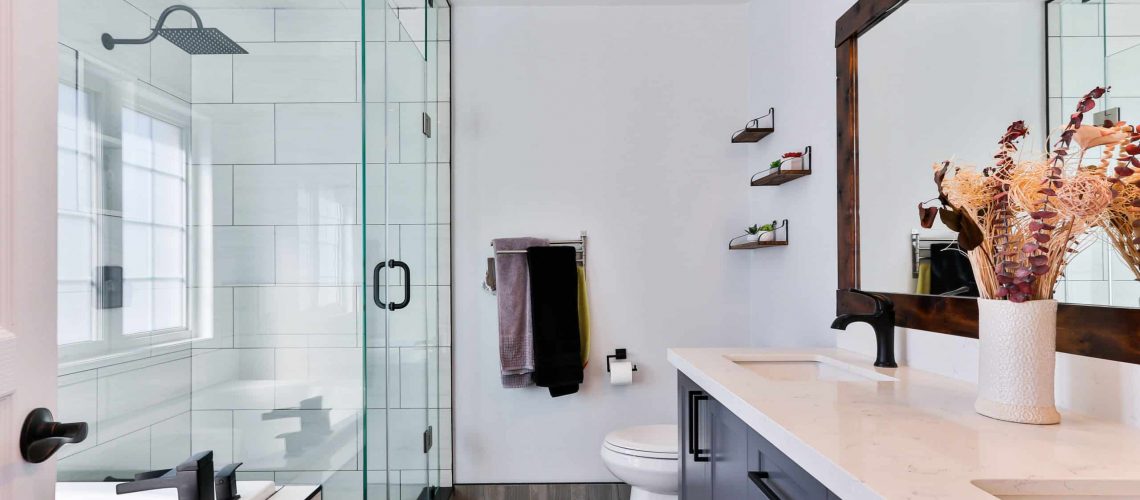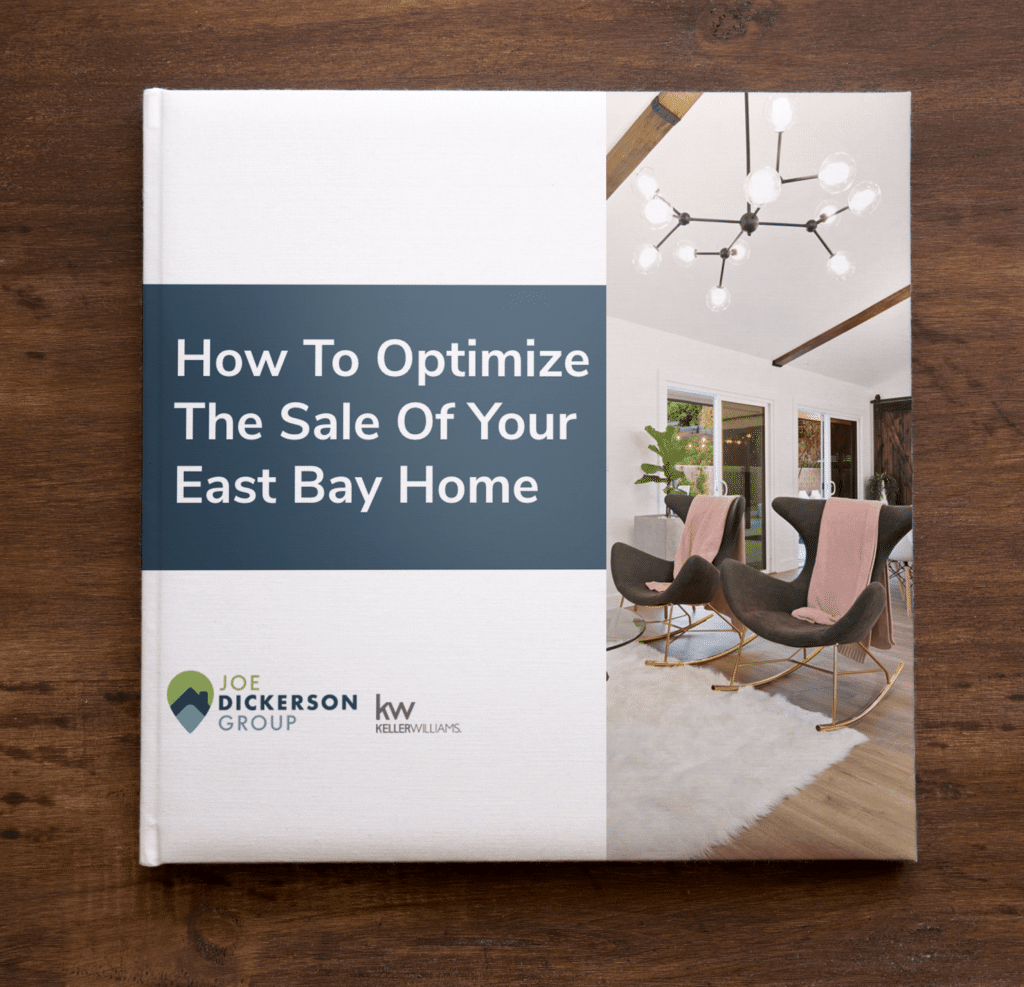Buying a home is a big deal, whether it’s your first home or whether you’ve gone through the process before. And when done right, buying a home can help you build life-changing wealth for your family.
When you take resale value into consideration up front, you can make wise and strategic decisions when it comes to purchasing a home, to ensure that it not only meets your lifestyle and family needs, but that it also helps you build equity and wealth in the coming years.
In this article, we’ll share with you why it’s so important for buyers to think about the resale value of a home up front, things to think about so you can maximize the eventual equity you build in the home, and how to leverage real estate to help you build wealth for the long-term.
Why Resale Value Matters When Purchasing Your Home
In previous generations, it was common to do this just once in a lifetime, to purchase your “forever home” – raising your kids in that home, growing old in that home, and passing that home on to future generations.
However, just as so many things in our lives have changed dramatically, so have our habitation practices. Most of us don’t stay in one house for the full duration of our lives as did many people in previous generations.
Our modern dynamic lifestyle and economy call for flexibility, mobility, and frequent changes. Many people are following their jobs and careers, even if it means moving from one side of the nation to the other.
Further, as families grow and needs change, many people choose to upgrade or downsize their homes at different times of their lives.
Thus, when purchasing a home these days, especially in an ultra-competitive market like Oakland and the East Bay, it’s important to weigh your own personal preferences together with the resale value of the home down the line. That way, you can ensure you reach your financial and wealth goals down the road when you sell the home.
Buying a home with good resale value might take a bit more work and open-mindedness on your part, but you’ll be grateful for the payback later, when it sells quickly, helps you upgrade to your next home, and helps you build long-term wealth for your family.
Location, Location, Location
You’ve heard it before – the three most important factors in real estate are location, location, and location.
Indeed, location should be the first thing you consider when looking for a home. So, what makes a good location?
In Oakland and the East Bay, neighborhoods can be very distinct, so it’s important to factor in your personal lifestyle and needs, and then balance that with the overall desirability of the neighborhood and potential resale value.
Start by considering some general elements that go into a great location:
- Amenities – Does the neighborhood have easy and fast access to good schools, restaurants, and shops?
- Accessibility – How easy is it to commute from that location into the city? Is there a BART station nearby?
- Crime and safety – What are the crime stats in that neighborhood? Do you feel safe in that neighborhood, even at night?
- Walkability – How walkable is the area? Are there people out and about – walking, jogging, and biking?
- Noise level – What’s the general noise level? Is the neighborhood more residential, or are their BART tracks or busy streets nearby?
What To Look For In Potential Homes To Maximize Resale Value
Once you’ve settled on a target neighborhood or two, it’s time to look at specific homes. Even within a single neighborhood, the home values can vary wildly, based on a number of specific factors.
That’s why it’s important to know what to look for up front, so that when you tour a potential home, you know exactly what to look for in order to ensure you’re buying a home with maximum resale value.
External Factors Of The Home
Here are some other things to consider when thinking about the resale value of specific homes:
- What’s the elevation? Generally, it’s wise to pick a house that is relatively elevated above the area. This can provide two advantages: good air flow and a nice view.
- How close together are the houses in that neighborhood? The density of homes can often play into the overall value of a home. Generally, the more space between homes the better.
- Where on the street is the house? A house located at the end of the street will suffer less noise from the neighbors and their guests. If the street is a dead end, it’s even better. A corner house may have more light and air, but might have a less desirable yard.
- What direction does the house face? This can play into the light inside the home, how much sun the yard and garden get, and more.
- What’s the size of the lot, and how close or far is the house to the street? Generally, larger lots with homes set farther back will have greater resale value. In neighborhoods with many young families and children, homes with large yards and far from busy streets tend to be more desirable.
- What’s the shape and square footage of the house itself? When touring the home, take into consideration the size and shape of the home. Are there any awkward layout issues? How does the square footage compare to other homes in the area?
- Is there the ability to expand? Consider whether the lot and layout may potentially allow for future expansion of the home or the addition of an ADU (accessory dwelling unit or in-law unit).
Internal Factors Of The Home
In addition to the external considerations above, there are many important internal elements that can make a house quality higher and increase the resale value for potential buyers down the road.
Here are some things to look for inside the home to ensure maximum resale value:
- Closets – Lots of closets and with as much additional storage space as possible.
- Light – Homes with lots of natural lighting are very popular. Look for large windows, and try to tour the home at different times of day.
- Bedrooms and bathrooms – Plenty of bedrooms and bathrooms. In general, homes with 3+ bedrooms tend to be highly desirable.
- Kitchen – Large and convenient kitchen with as many cabinets and cooking space as possible.
- Home office – With more and more people working from home, a suitable room or area that can serve as a home office is often a plus.
- Laundry – Washers and dryers located inside the home tend to be better than those located outside (i.e., in the garage or backyard).
- Layout – Generally, buyers tend to prefer homes that are open concept, with a more versatile layout.
- Outdoor space – With COVID-19, outdoor space has become more important than ever. Homes with larger yards and usable outdoor space tend to be more desirable.
Features To Avoid
Now that you have a good idea of things that would increase the resale value of the home, let’s talk about some red flags to watch out for. These aren’t dealbreakers; just things to think about when considering the eventual resale value of the home.
Here are some features you might want to avoid:
- Bathrooms – One-bathroom homes sell for significantly less than homes with at least two baths, and they generally take longer to sell.
- Heat – Baseboard, wall, and floor heat are not as desirable as central heating systems. A fireplace in the living room is a plus.
- Tubs and showers – Tubs and showers in outdated colors, or scratched from years of improper cleaning, might be hard to change without ripping out doors or walls.
- Popcorn ceilings – Popcorn ceilings (i.e., those bumpy ceilings that were so popular in the 1970s) tend to date a house. You can always remove them, but the removal process can be lengthy and pricey, especially if asbestos is involved.
- Flooring – In general, carpet is less desirable, as are laminate and linoleum flooring, especially when compared with hardwood, tile, and engineered hardwood.
Recap
When buying a home, your first objective should always be to buy a home that’s right for YOU, based on your lifestyle, family, and day-to-day needs.
However, when done right, a home should be able to do two things for you…
- Provide a place to live
- Help you build long-term wealth
When you take resale value into consideration up front, especially if you know you’ll move again within three to five years, you ensure that you’re maximizing your chances of reaching your financial and wealth goals.
Working with the right real estate agent to help you make a careful and strategic purchase now will help you maximize the appreciation and equity in your home over the coming years, giving you the option to sell the home and upgrade to a different home as your family grows, refinance and pull out some of your equity, and more.
We’re Here To Help!
If you’re in the market to purchase a home in Oakland, Berkeley, or the East Bay – we’re here to help! We know the local real estate market intimately and can help you assess the potential resale value of a home, so you can make the best decision for your family and your wealth goals.



